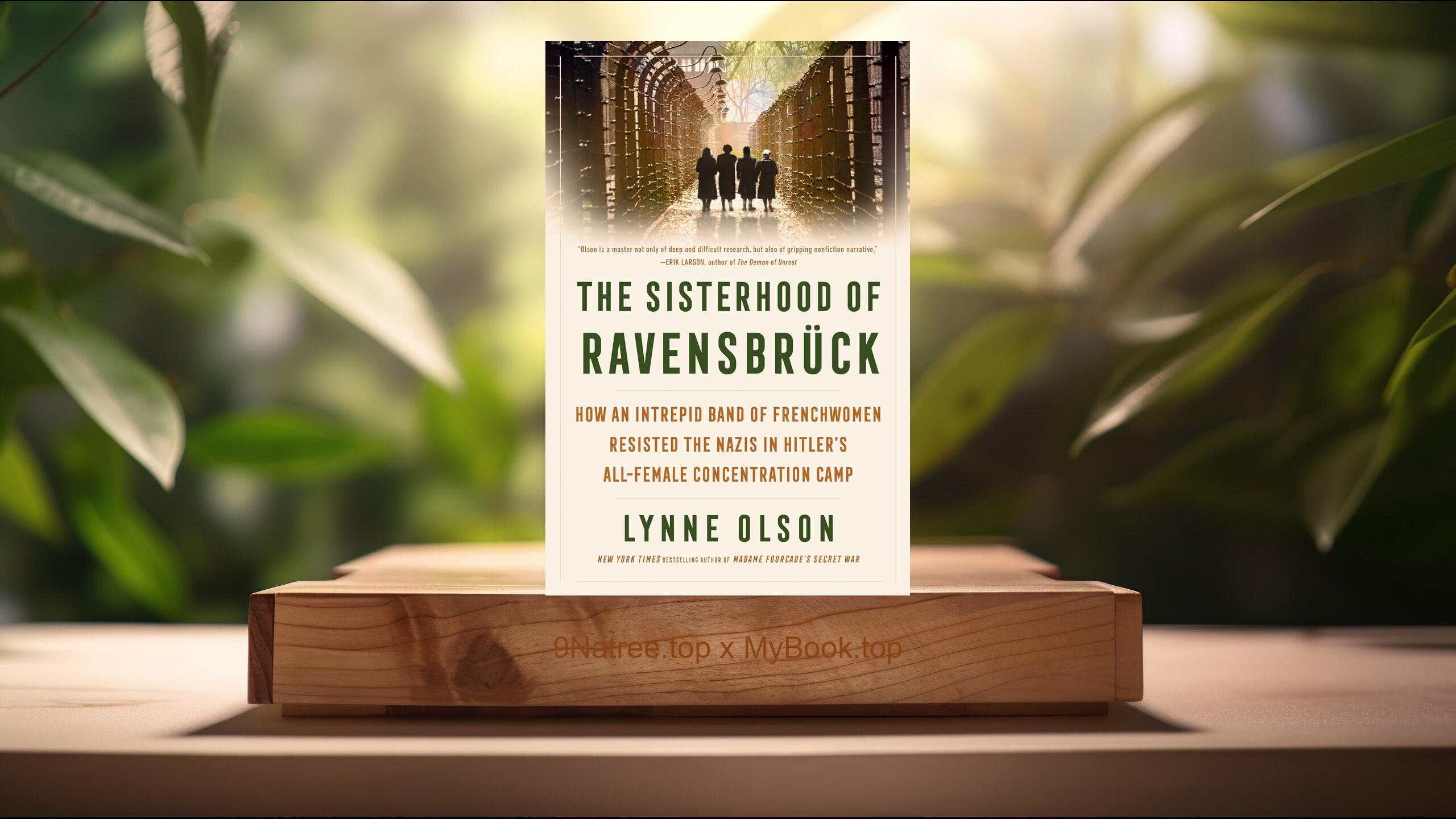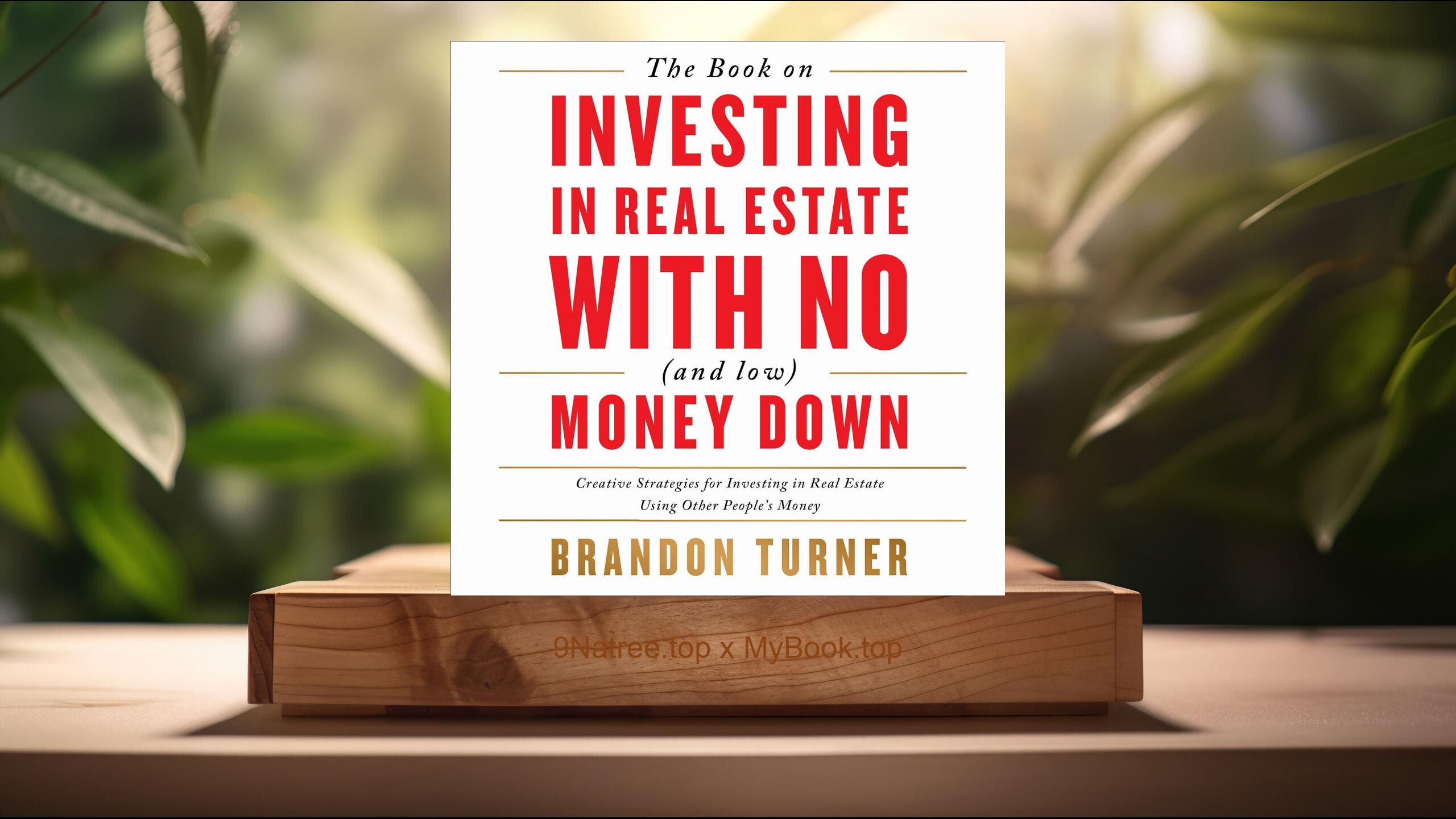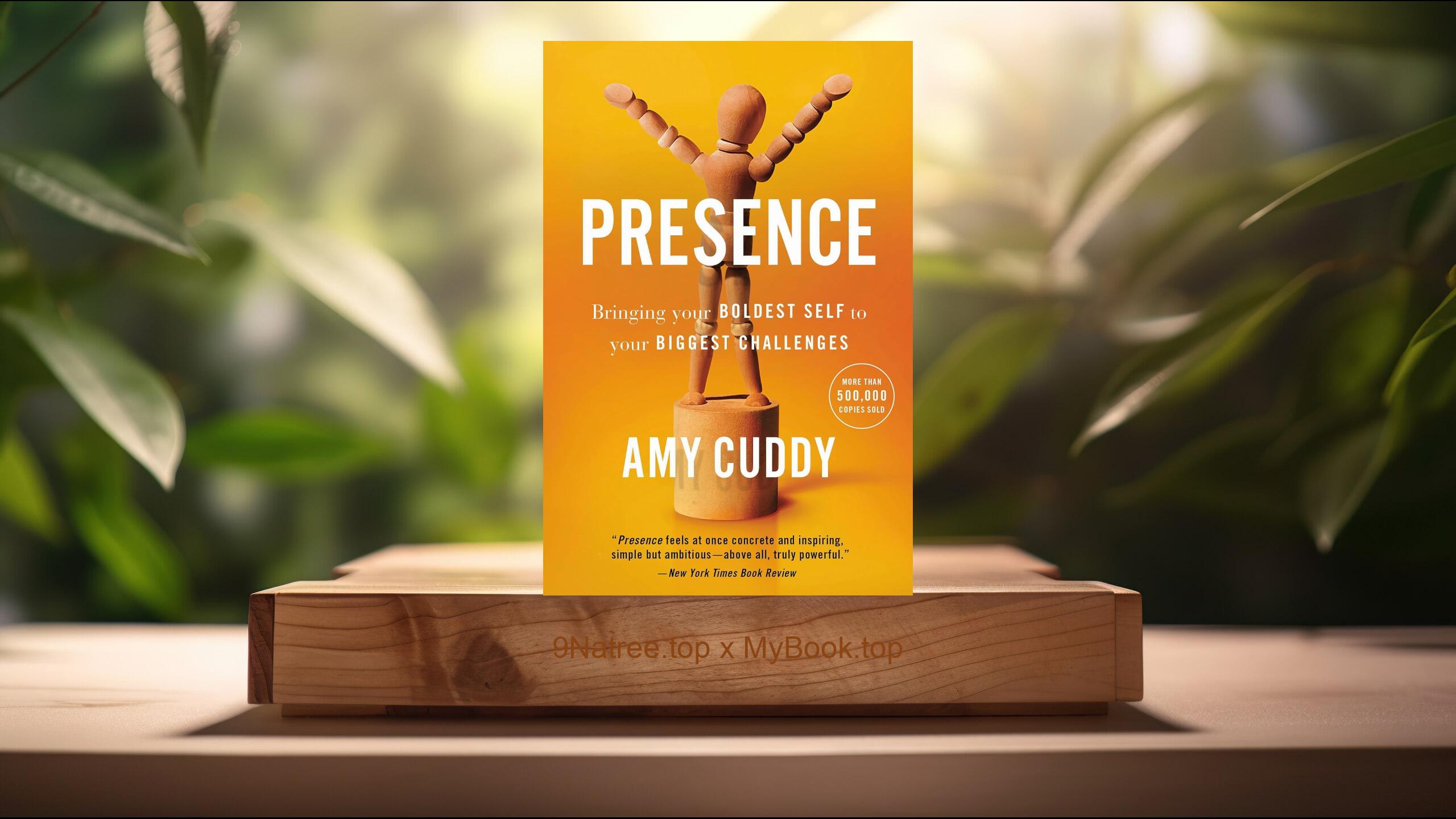Show Notes
- Amazon USA Store: https://www.amazon.com/dp/B081ZHC3HX?tag=9natree-20
- Amazon Worldwide Store: https://global.buys.trade/Making-Sense-Sam-Harris.html
- Apple Books: https://books.apple.com/us/audiobook/making-sense/id1524703261?itsct=books_box_link&itscg=30200&ls=1&at=1001l3bAw&ct=9natree
- eBay: https://www.ebay.com/sch/i.html?_nkw=Making+Sense+Sam+Harris+&mkcid=1&mkrid=711-53200-19255-0&siteid=0&campid=5339060787&customid=9natree&toolid=10001&mkevt=1
- Read more: https://mybook.top/read/B081ZHC3HX/
#consciousness #morality #freewill #SamHarris #ethics #technology #artificialintelligence #MakingSense
These are takeaways from this book.
Firstly, The Mystery of Consciousness, One of the central themes explored in Making Sense is the enigma of consciousness. Harris invites thought leaders such as neuroscientists and philosophers to grapple with the age-old question of what it means to be aware. The conversations dissect various theories of mind, from physicalist accounts that root consciousness in brain processes to panpsychist views that suggest consciousness could be a fundamental feature of the universe. Through these dialogues, readers are exposed to the challenge of explaining subjective experience—the so-called hard problem of consciousness. The differing perspectives force us to examine our intuitions and recognize the limitations of our current scientific models. By questioning whether conscious experience can ever be wholly explained, Harris and his interlocutors inspire a sense of humility and curiosity in readers, encouraging further inquiry rather than offering simplistic solutions. This topic is not just philosophical—it sits at the heart of understanding personhood, identity, and what it means to lead a conscious life.
Secondly, Morality and the Foundations of Ethics, Making Sense tackles the question of how we should live and why. Harris, known for his controversial stance that morality can be grounded in science, explores whether moral truths really exist or are mere cultural conventions. Through modular debates with ethicists and scientists, the book examines utilitarianism, consequentialism, and other moral frameworks. Harris argues that what matters morally is the well-being of conscious creatures, and that science can inform us about which actions improve or harm that well-being. The conversations highlight the complexity of real-world ethical dilemmas, from bioethical choices around medical technology to moral panics incited by social media. This exploration is uniquely valuable because it insists that human flourishing is a measurable, objective concern, making a powerful case for rational, evidence-based ethics. The book encourages readers to be critical of dogma while also recognizing the deep emotional and psychological underpinnings of our moral instincts.
Thirdly, The Role of Religion and Spirituality, Harris brings his long-standing interest and critique of religion into conversation with believers, atheists, and agnostics. Rather than simply dismissing faith, he interrogates what religion offers—meaning, community, inner peace—but contrasts those benefits with the dangers of dogma and sectarianism. The book’s explorations of meditation, mindfulness, and secular spirituality stand out. Harris showcases how spiritual experiences are genuine human phenomena that need not be tethered to supernatural beliefs. The dialogues probe how practices like mindfulness can enhance well-being and deepen our understanding of self, while also reflecting on the pitfalls of religious certainty. The nuanced approach offers a middle path between the extremes of fundamentalism and reductionistic dismissal of religious tradition. This is especially relevant for readers navigating questions of belief in an increasingly secular and pluralistic world.
Fourthly, Free Will and Responsibility, Another highlight of the book is the debate over the concept of free will versus determinism. Harris, whose own position is that free will is an illusion, engages with philosophers and scientists who both share and challenge his view. The dialogues delve into how scientific discoveries about the brain undermine the classical notion of autonomous decision-making. However, the implications of this for ethics, law, and personal responsibility are complex. Do we retain moral agency if our choices are the product of prior causes? The book walks readers through competing perspectives and asks us to re-examine how we assign praise, blame, punishment, and forgiveness. By questioning the very foundation of moral and legal accountability, Making Sense pushes us toward a more compassionate and nuanced treatment of ourselves and others, urging reforms in criminal justice and personal relationships alike.
Lastly, Humanity’s Future: Technology, AI, and the Meaning of Life, The book is futurist in the truest sense, contemplating how technological innovations—especially artificial intelligence—are reshaping humanity’s potential and peril. Harris converses with experts in AI and ethics about the promises and risks of machine learning, automation, and even superintelligent entities. Questions about consciousness in AI, ethical programming, and the loss of human-centric purpose are discussed in depth. The conversations also examine existential threats, such as climate change and nuclear proliferation, and the responsibility of current generations to safeguard the future. Finally, Harris and his guests consider how meaning can be constructed in an era when traditional narratives and jobs are being disrupted by machines. The result is an urgent invitation for readers to participate in shaping technological progress with wisdom and foresight, rather than fear or unexamined optimism.
![[Review] Making Sense (Sam Harris) Summarized](https://episodes.castos.com/660078c6833215-59505987/images/2039976/c1a-085k3-25n389x8hxoz-xubhyh.jpg)




